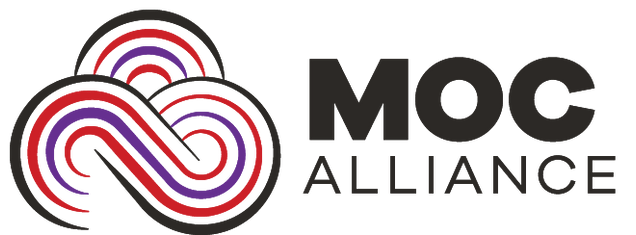
NERC delivers powerful GPU-driven services at up to half the cost of public cloud on pay-as-you-go basis.
Read this story at bu.edu

The New England Research Cloud (NERC), operated by the Mass Open Cloud (MOC) Alliance at Hariri Institute, has recently installed 64 NVIDIA A100 GPUs (in 16 liquid cooled servers) in its data center through an agreement with Lenovo. Designed for real-time parallel processing and analysis of huge datasets, these programmable GPU processors are suited for a wide range of applications, such as: accelerating workloads in high performance computing (HPC); training deep learning neural networks; speeding up machine learning applications; as well as image recognition, gaming, graphic, and video applications.
Available to general research and education users, the NERC is a production cloud, operated by BU and Harvard Research IT, that supports VMs, containers, S3 storage, and an AI as a service platform. NERC has recently added 80 more servers to the service, and has racked/networked (>500) additional servers that will be integrated as demand warrants. Along with state-of-the-art advanced hardware and services, the NERC delivers affordability. Service rates are one-third to one-half the cost of the public cloud and are charged on a pay-as-you-go basis.
The NERC’s production services are built on the strong foundation of the Massachusetts Green High Performance Computing Center (MGHPCC), an intercollegiate high-performance computing facility and joint venture of Boston University, Harvard, MIT, Northeastern, and the University of Massachusetts system. During the NERC’s early access period, these universities served as early users, with 180 users contributing 68 unique projects.
The NERC pilot was sponsored by an $875,000 award from the Massachusetts Technology Collaborative (MTC), which kicked off its production in August 2022. Recently, MOC Alliance Director Orran Krieger received a $1.3 million MTC award that will be used to accelerate the expansion of the NERC’s capabilities.

The MOC Alliance provides administrative management of the NERC. Housed at the Rafik B. Hariri Institute for Computing and Computational Science & Engineering, the MOC Alliance is an active partnership between higher education, medical research centers, government, and industry that provides structure and resources that enable a close collaboration between research, development, and operations in a series of interconnected projects. The goal of this collaboration is to provide predictable low-cost resources and facilitator support for domain researchers, and more broadly, innovation in the public cloud.
.